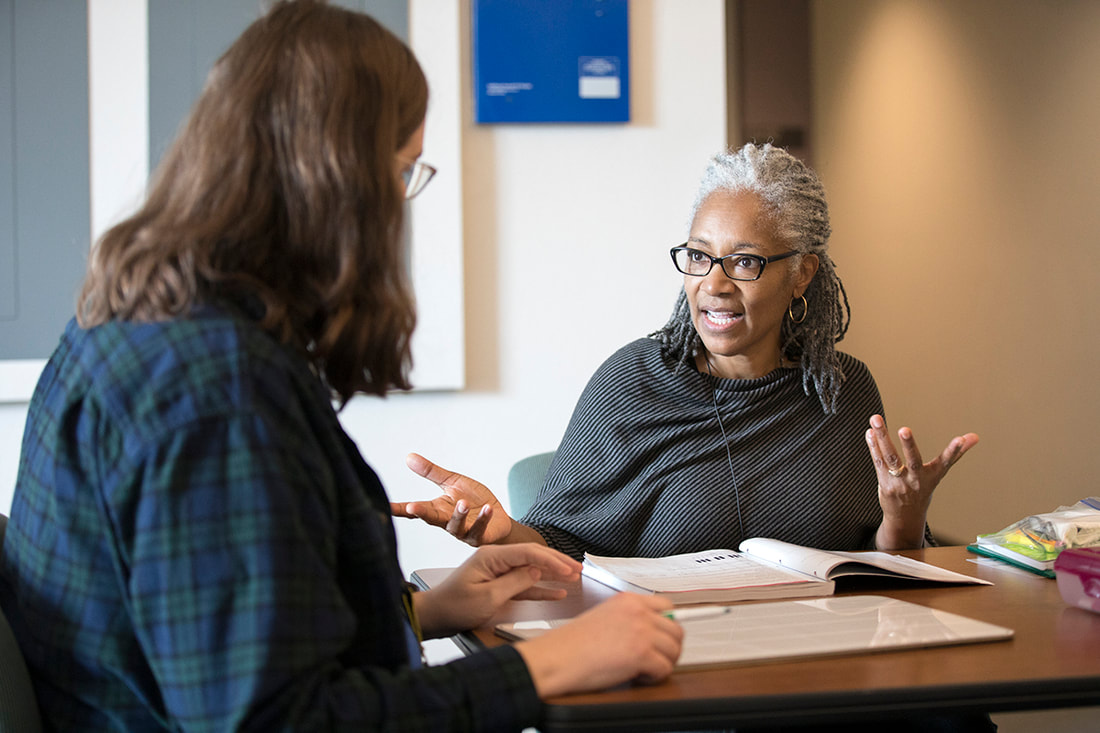|
In November 2018, ATD President and CEO Dr. Karen A. Stout was invited to deliver the fifth annual W. Dallas Herring Lecture at the North Carolina State University College of Education.
Dr. Stout laid out key guiding principles for community college leaders driving reform:
In her address, Dr. Stout stated, “By almost any measure, as community colleges, we are still not meeting our goals, particularly for low-income students and students of color who now make up most of the students at our nation’s community colleges.” According to Dr. Stout, there needs to be greater urgency for teaching and learning in institutional reform, and college leaders need to empower faculty to lead changes in pedagogy and student learning outcomes, and engage in advising in new and more relevant ways. She called for teaching to be made more dynamic and culturally responsive, while engaging and cultivating students’ ownership of what they learn. Dr. Stout acknowledged that faculty need supports and incentives to enable them to teach and learn in new ways.
Students who use OER find enhanced instruction and student learning experiences, as well as savings
At the National OpenEd Conference in October, Achieving the Dream released a study examining implementation of ATD’s Open Educational Resources (OER) Degree Initiative. The study found significant benefits to instruction and student learning experiences, as well as savings for students who used OER. The study indicated that, based on two years of implementation across a number of colleges, OER can be an important tool in helping more students, particularly low-income and underrepresented students, afford college, engage actively in their learning, persist in their studies, and ultimately complete. The research, conducted by SRI International and rpk GROUP, shows that OER content plays a role in helping strengthen instruction and learning across not just a few courses but entire degree pathways. The report is the second in a series and included new findings about students’ perceptions of their OER courses and the institutional costs and actual student savings of OER degree pathways. Highlights from the report included:
|







